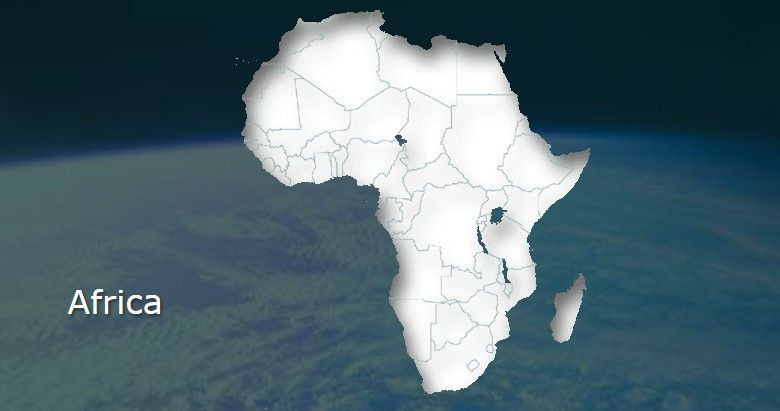
This country’s hopes have too often been betrayed by policy failure. Each dawn of optimism, whether born of war or political transition, has ended in despair, corruption, and economic ruin.
When the commanding voice of a senior soldier blurred through ZBC TV that November morning in 2017, setting the dramatic coup in motion, anxious citizens thought real change had finally arrived. They were wrong. Eight years later, the same despair continues. This time, it takes the form of a tax that has quietly tormented markets and strangled the economy.
When a government begins to tax trust, you know desperation has reached catastrophic proportions.
The 2% Intermediated Money Transfer Tax (IMTT), introduced at the onset of the Second Republic in 2018 as a quick fix for a bleeding regime, has evolved into the most destructive fiscal instrument of the post-dollarisation era. If you are in doubt, revisit our lead story two weeks ago to see how industries took turns to slam the tax, and what the response from government was.
What began as a temporary patch to plug leakages has matured into a structural cancer gnawing at the veins of industry, eating away at banks, enterprise, and the broader formal economy.
As industries argued in submissions to Finance minister Mthuli Ncube, IMTT is a real punishment.
Its modus operandi is simple: the more markets transact formally, the more they are taxed.
Predictably, cash is king again. Deposits have remained subdued, starving banks of their lending muscle.
- Drama around Ndebele king making a mockery of the throne
- Umkhathi Theatre Works on King Lobengula’s play
- Street mural exposes Zim’s divided society
- Minister tips ICTs to drive economic recovery
Keep Reading
Without credit, factories struggle to retool, retailers cannot restock, and households cannot borrow. A tax designed to fund the state has ended up destroying the productive base that sustains it.
Beyond the numbers, the IMTT has crippled trust between government and citizens. Across sectors, people now see it not as a tool for rebuilding a shattered economy but as a trap for extraction and manipulation.
It has destroyed confidence in public institutions and accelerated informality — a cancer eating away at the hopes of an expectant nation. As markets avoid transactions, their actions signal lost revenue and fading faith in the state’s honesty. This is the silent cost of fiscal short-sightedness.
Treasury still celebrates IMTT’s near double-digit share of total revenue, but it ignores the collateral damage — eroded savings, collapsing formalisation, and declining productivity. This is revenue myopia of the highest order. We are eating today but will starve tomorrow.
Worse still is the stunning contradiction between state institutions. The Reserve Bank preaches a cashless economy, while Treasury taxes every digital transaction. It means one arm is modernising, the other is determined to dismantle.
Such policy schizophrenia betrays a government chasing liquidity, not stability.
But given Zimbabwe’s current desperate state, it is easy to argue IMTT was never designed to finance productivity or social infrastructure. It has become a convenient tap for elite consumption — endless globe-trotting while schools and hospitals crumble. It is a transfer of value from the majority to the politically-connected.
The 2025 national budget, themed “Building Resilience for Sustained Transformation,” projected expenditure of ZiG276 billion against revenue of ZiG270 billion. Yet by mid-year, revenues were falling, execution was weak, and overspending rampant. The usual high spenders had expended heavily. But the energy, youth, and women’s ministries received barely a third of their votes.
Zimbabwe, however, still has opportunities. Gold exports rose 25% early 2025, and global commodity prices remain robust. A credible 2026 budget could channel this fortune into power generation, and digital infrastructure.
These are the foundations of real productivity. It could also formalise the informal sector through simplified registration, digital tax systems, and incentives that reward compliance rather than punish it.
But that requires abandoning extraction as a fiscal philosophy. Productive growth is the only sustainable source of revenue.
For too long, Zimbabwe has mistaken taxation for strategy. The result is an economy breeding informality while policymakers celebrate figures that mean nothing in a collapsing system.
The IMTT, and the budgets built upon it, should remind us that no nation can tax itself into prosperity.











